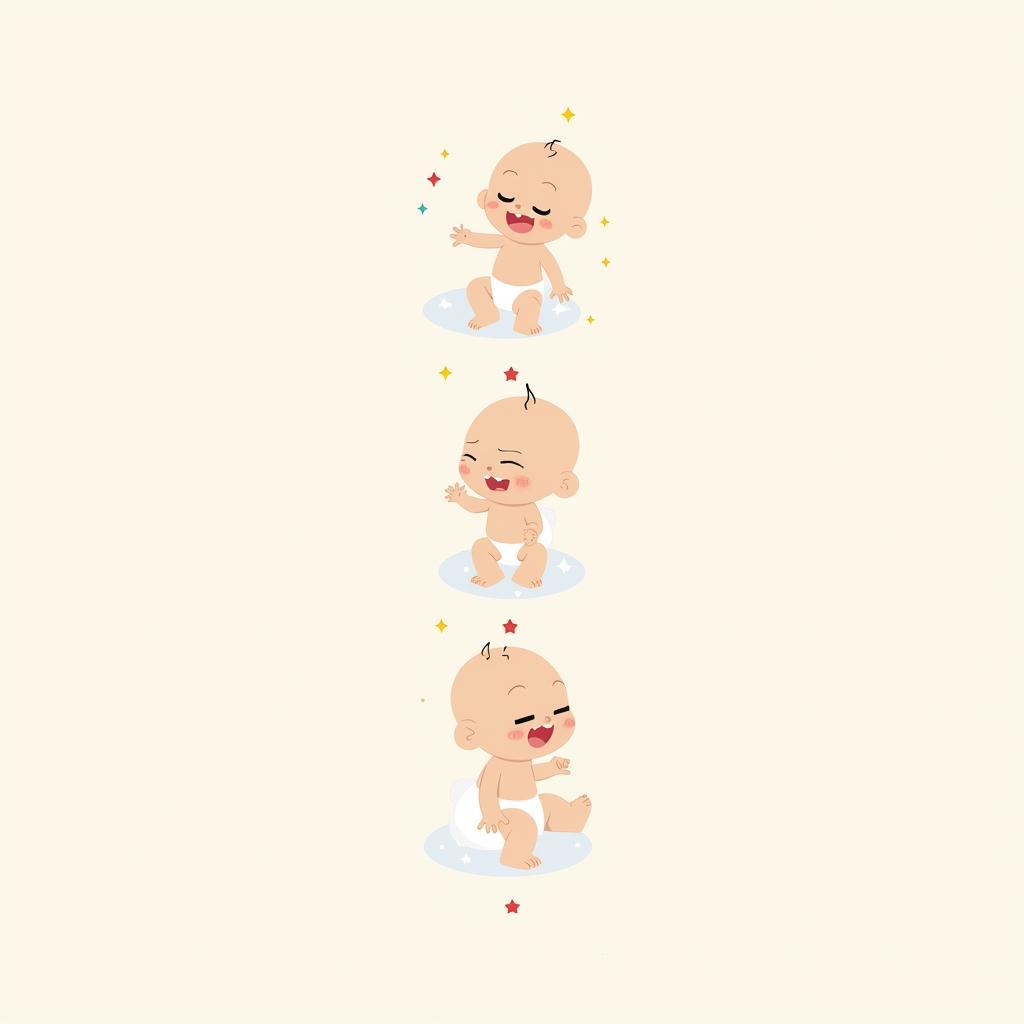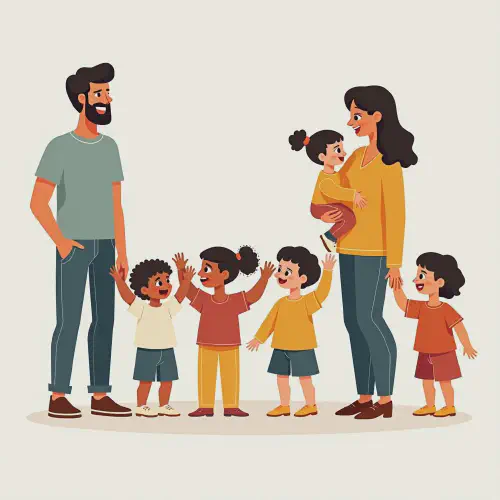Developmental Milestones in Infants and Toddlers
Understanding your child’s development is crucial for ensuring their healthy growth and wellbeing. Developmental milestones are key markers that indicate a child’s progress in various areas, including physical, cognitive, social, and emotional development. While every child develops at their own pace, knowing these milestones can help you identify potential delays and seek appropriate support if needed. This guide provides an overview of key milestones during infancy and toddlerhood.
Infant Development (0-12 months)
Physical Development:
- 0-3 months: Lifts head when lying on stomach, begins to follow objects with eyes, grasps objects reflexively.
- 4-6 months: Rolls over, sits with support, reaches for objects, brings hands to mouth.
- 7-9 months: Sits without support, crawls, pulls to stand, uses pincer grasp (thumb and forefinger).
- 10-12 months: Cruises (walks while holding onto furniture), may take first steps independently, may say “mama” or “dada.”
Cognitive Development:
- 0-3 months: Responds to sounds, focuses on faces, begins to recognize caregivers.
- 4-6 months: Laughs, babbles, enjoys playing peek-a-boo.
- 7-9 months: Understands object permanence (knows an object still exists even when out of sight), plays simple games.
- 10-12 months: Points to objects, understands simple instructions, begins to explore objects in more detail.
Social and Emotional Development:
- 0-3 months: Shows pleasure and distress through facial expressions, responds to soothing.
- 4-6 months: Smiles at familiar faces, enjoys social interaction.
- 7-9 months: Shows stranger anxiety, exhibits separation anxiety.
- 10-12 months: Waves “bye-bye,” shows affection, plays simple social games.

Toddler Development (12-36 months)
Physical Development:
- 12-18 months: Walks independently, climbs stairs with help, scribbles.
- 18-24 months: Runs, kicks a ball, stacks blocks, turns pages in a book.
- 24-36 months: Jumps, throws a ball, pedals a tricycle, draws simple shapes.
Cognitive Development:
- 12-18 months: Points to body parts, follows simple instructions, understands simple words.
- 18-24 months: Names familiar objects, understands more complex instructions, engages in pretend play.
- 24-36 months: Speaks in simple sentences, sings songs, solves simple puzzles.
Social and Emotional Development:
- 12-18 months: Shows independence, exhibits parallel play (plays alongside other children but not with them).
- 18-24 months: Begins to cooperate with others, shows empathy, demonstrates tantrums.
- 24-36 months: Engages in cooperative play, understands sharing, shows increased self-control.
Seeking Professional Guidance
Remember, these are just general guidelines. If you have any concerns about your child’s development, it’s crucial to consult with your pediatrician or a child development specialist. Early intervention is key to addressing any potential delays and ensuring your child reaches their full potential. They can provide personalized assessments and recommendations tailored to your child’s unique needs. Don’t hesitate to seek professional help – it’s a sign of responsible parenting, not a cause for worry.




Use the share button below if you liked it.
It makes me smile, when I see it.